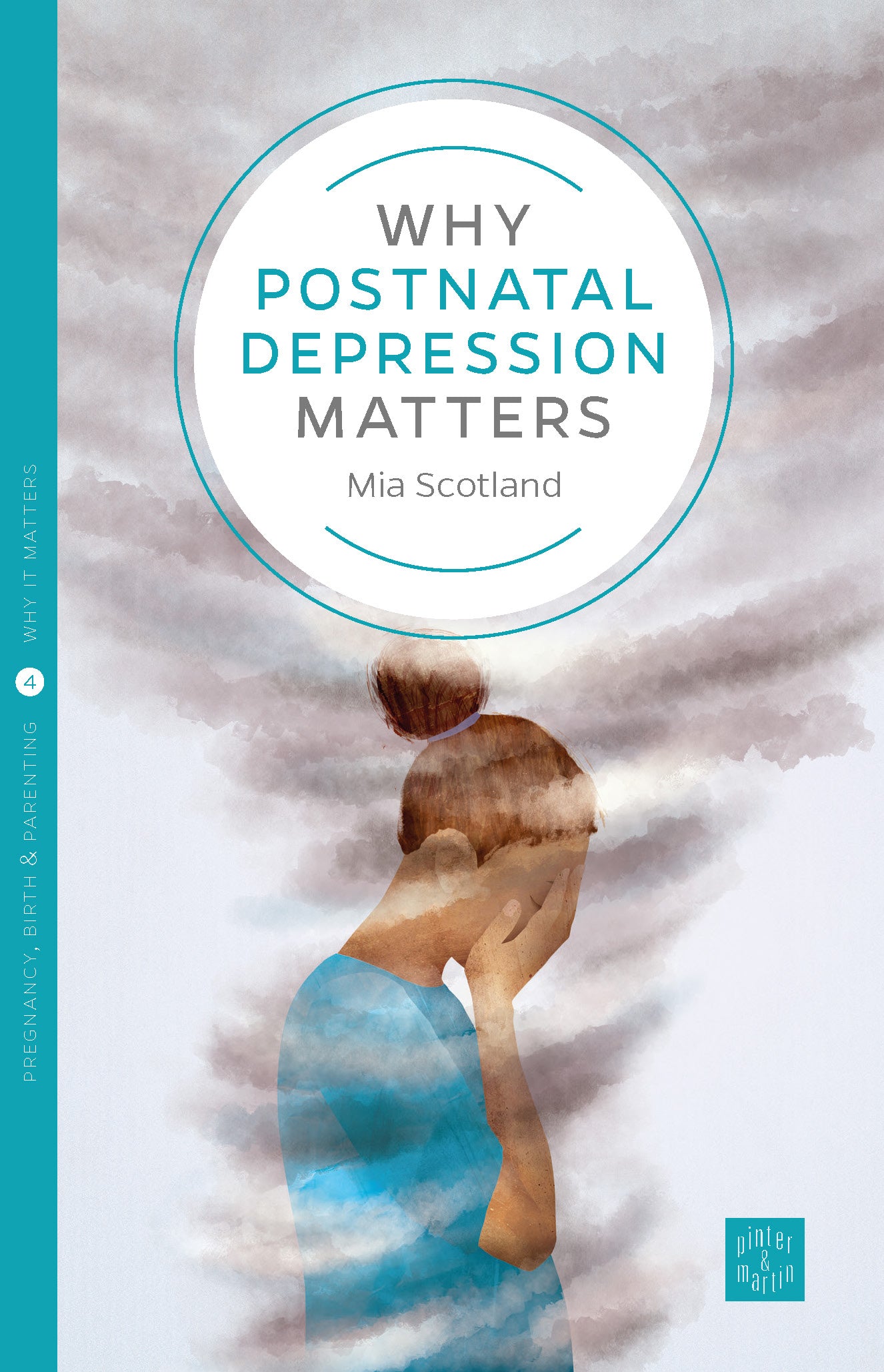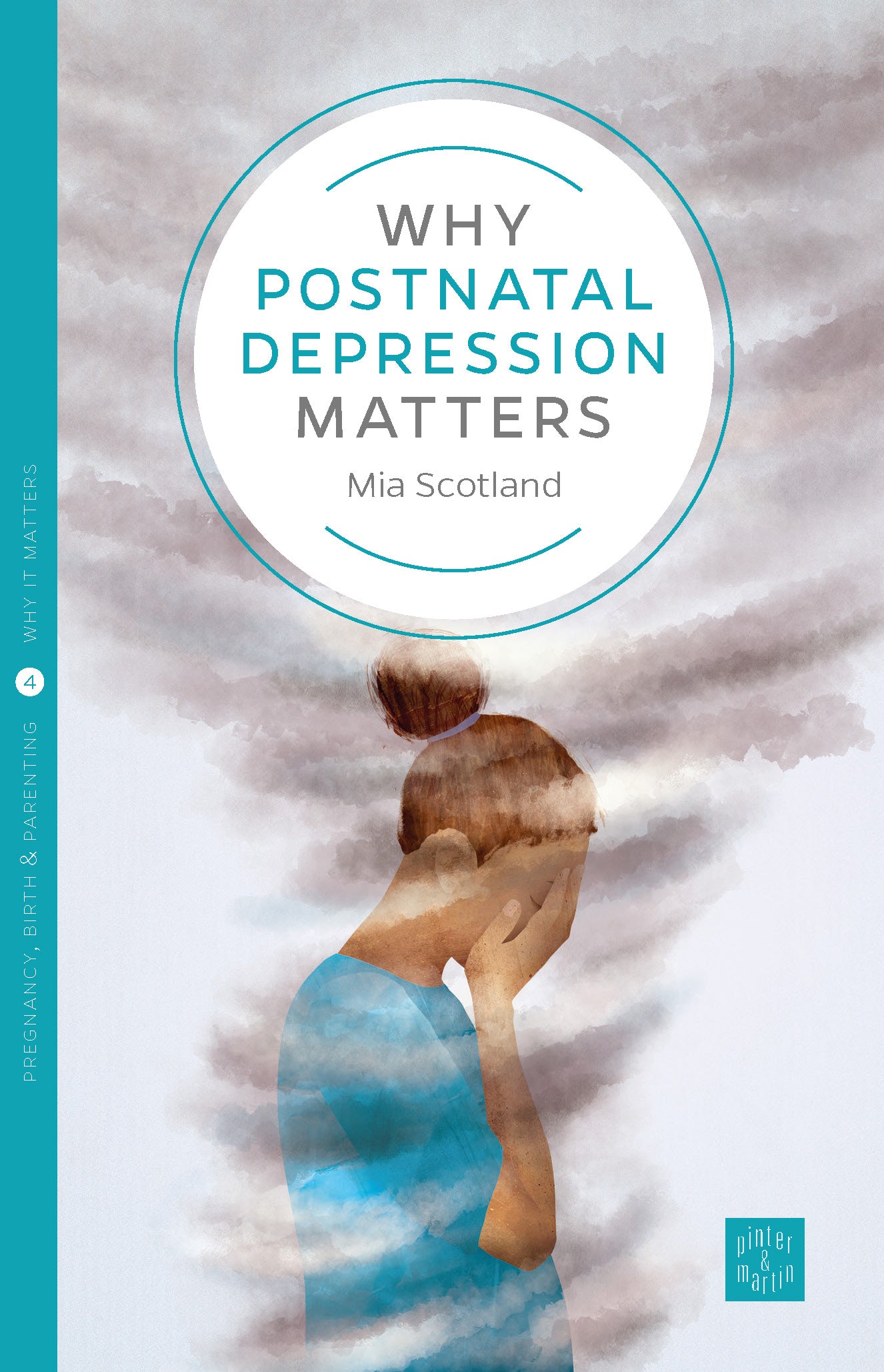Why it Matters
Why Postnatal Depression Matters
Why Postnatal Depression Matters
OFFER: 4 for 3 on all our books. We ship to the UK only. For other bookshops that stock our books see here.
Couldn't load pickup availability
You have probably heard of postnatal depression, but did you know that most cases of postnatal depression actually began in pregnancy? And that most people who have antenatal depression have had depression in the past? And did you know that postnatal depression is not caused by women’s hormones gone awry; men are suffering postnatal and perinatal depression in larger and larger numbers too? This is why “postnatal depression” has now been renamed “perinatal depression”(‘peri’ means around, as in the word “perimeter”).
Why is the seemingly joyful event of new parenthood causing so much suffering? Depression seems to be related to the stresses that a modern couple undertake when they have a baby. The lack of support, lack of celebration, overload of expectations, overwhelming responsibility, isolation, judgment, blaming by the media, tiredness, mixed messages, confusion, high expectations and lack of tender loving care serve to eventually break parents and their relationships. And when we break parents, we break a baby. Babies are our future, and if we break a baby, in the long run, we break society. Postnatal depression takes a high toll on society. Dealing effectively with perinatal depression is about valuing love, connection, calm and stillness, over and above productivity, achievement and acquisition.
Share
ISBN:
Number of pages:
Published:
View full details

